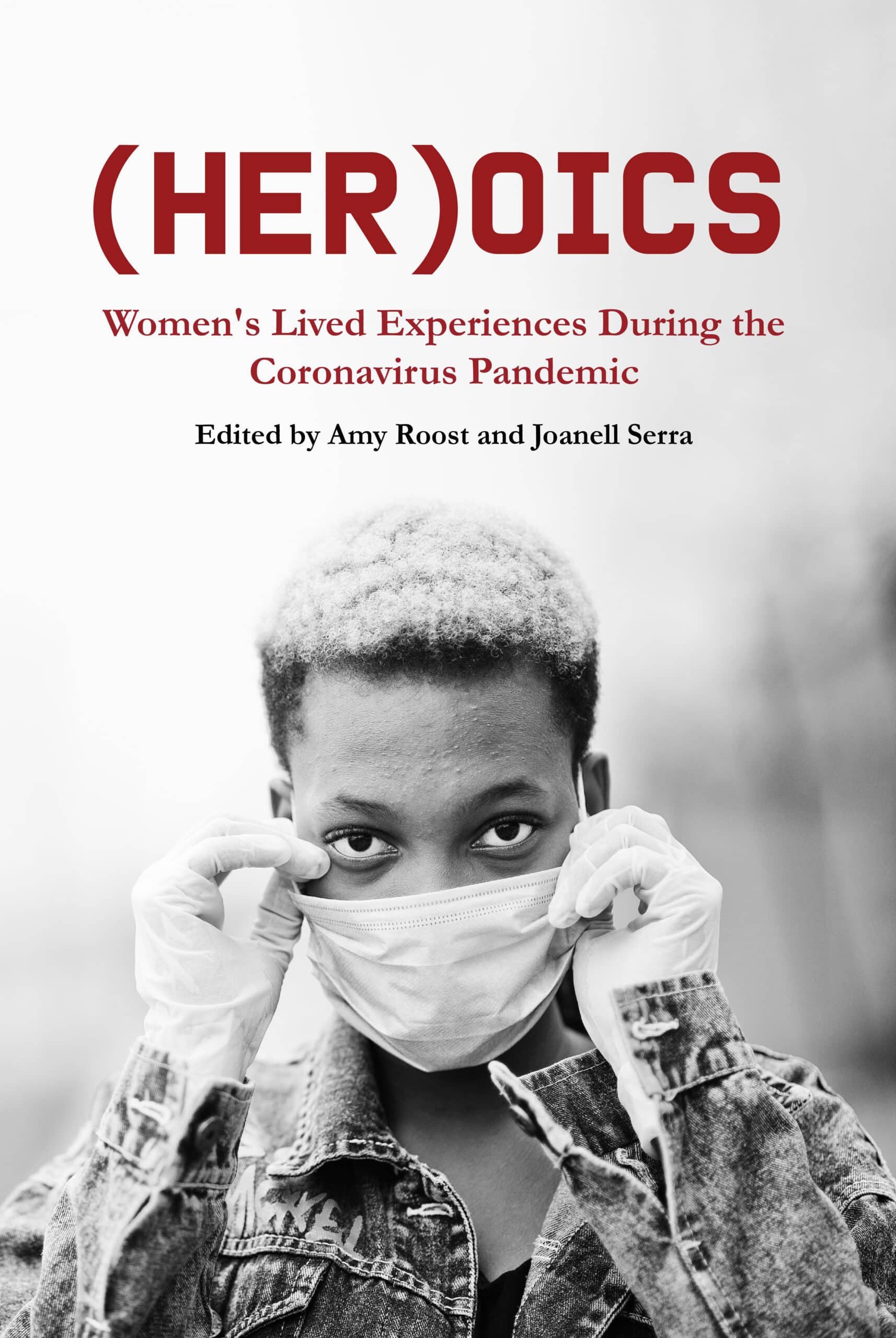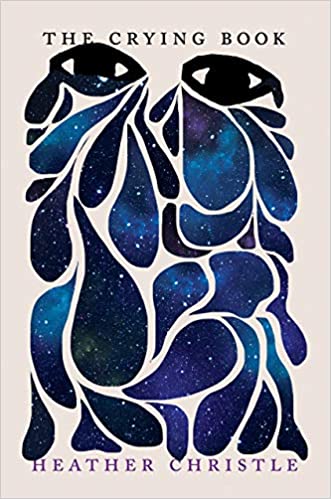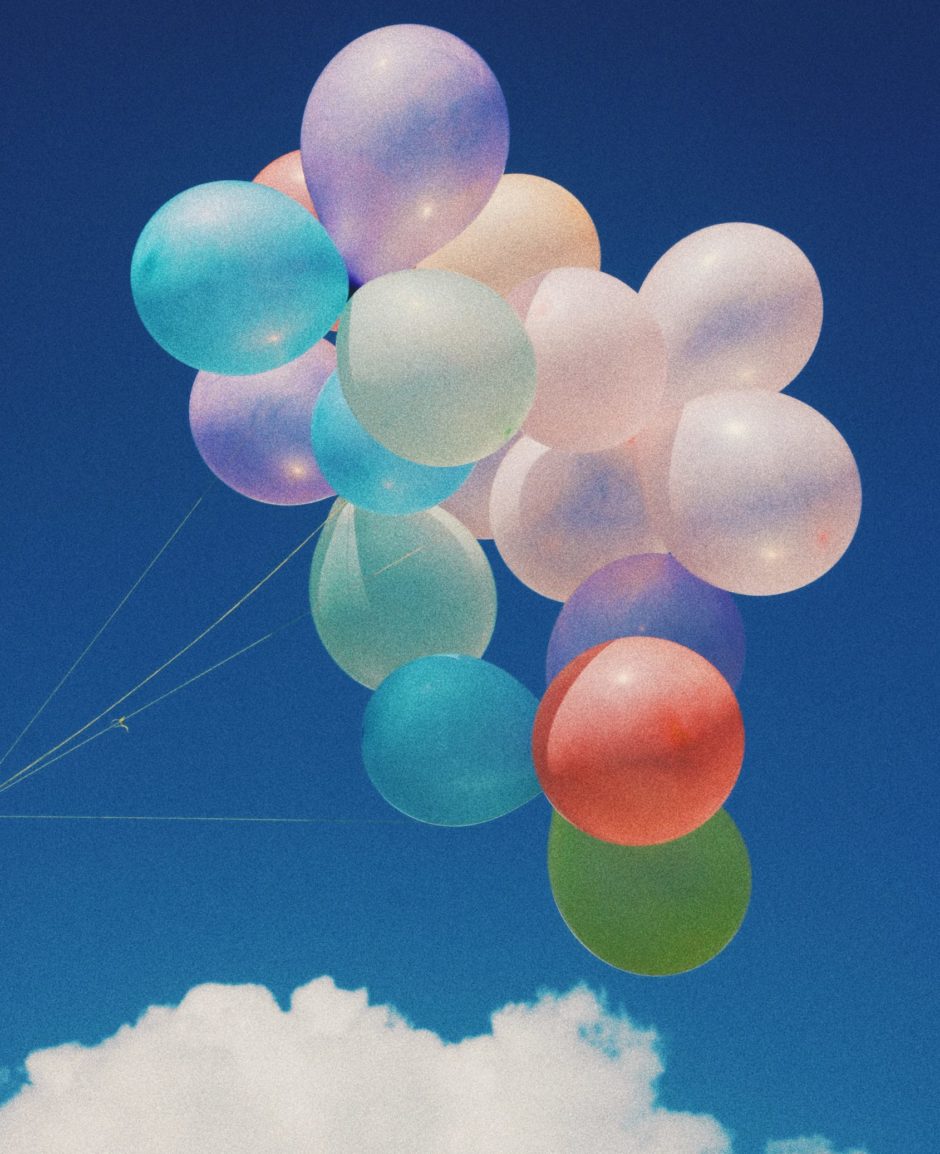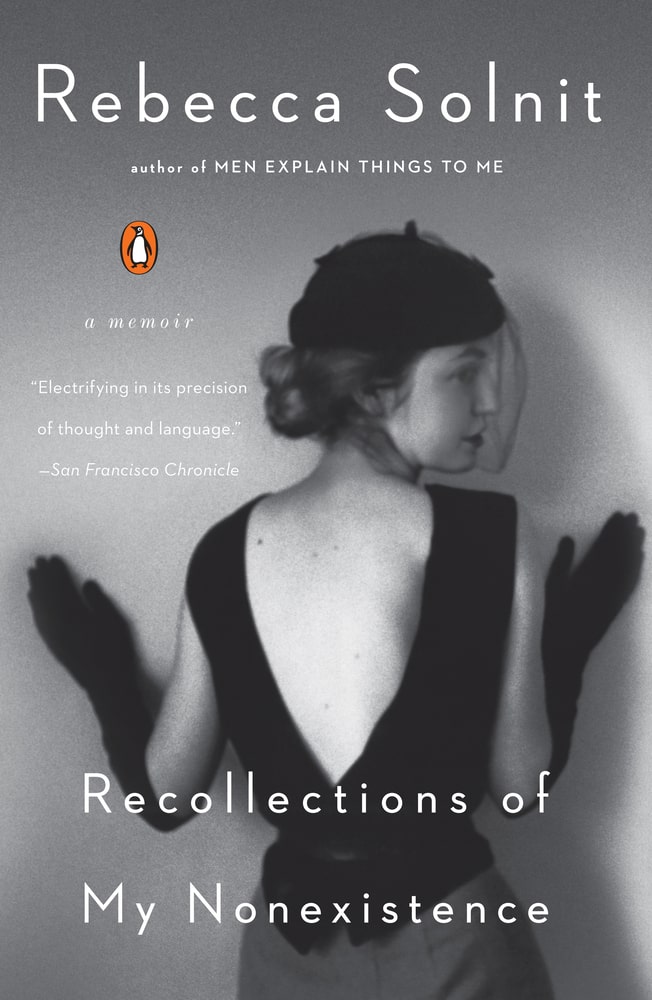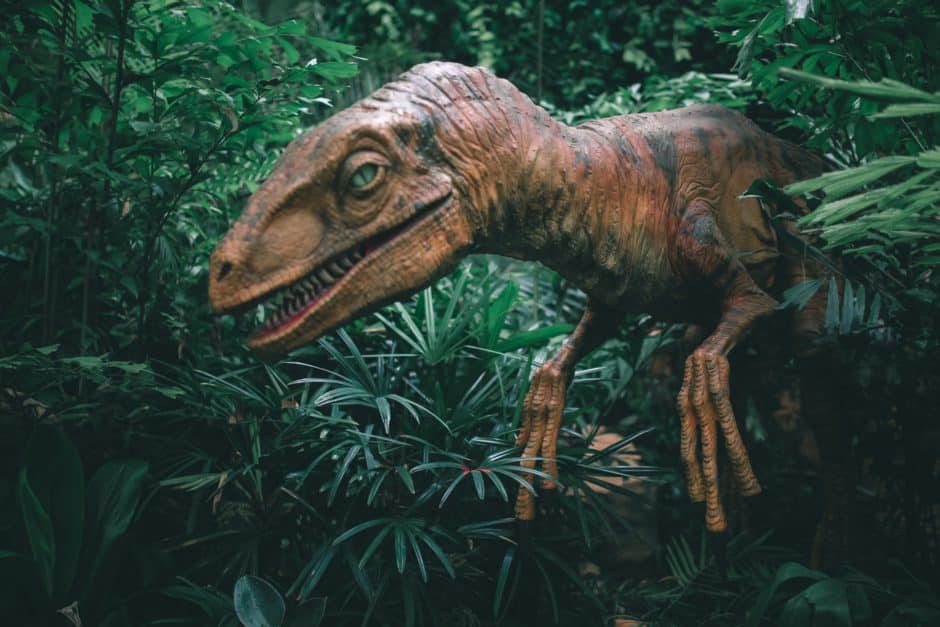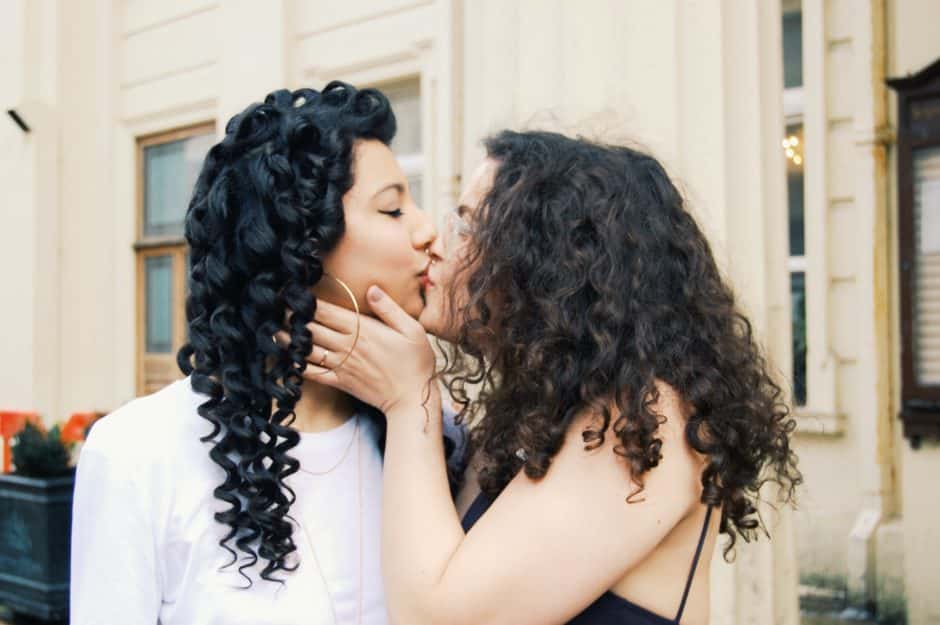By Mercury-Marvin Sunderland
Julius bit into a big red apple. He was groggy, and it was morning. He was lying around in his on-campus apartment at Portland State University, trying to ignore the cramping in his uterus yet again. He got them fairly often, and would try to medicate himself with weed occasionally. He tried not to do it because he didn’t want to be as addicted to it as he was in high school. Provided, he didn’t want to be addicted to weed in the first place, but cutting down on it was the first step.
It had been years since he’d last had his period. When he’d started testosterone it had thankfully stopped the bleeding, but he was still getting the cramps. For a lot of people, starting HRT meant that it took away both the bleeding and the cramps, but for others, it wasn’t so fortunate. However, Julius was doing his best to just be grateful for what he had, and he knew that there were many people who didn’t get the privilege to start testosterone in the first place. He was just starting to get stubble and that was exciting. His voice was just getting deep.
Just think positive, Julius, he reminded himself. Think positive.
When he was a freshman in high school he read online that eating an apple every morning had caffeinated qualities. That was probably bullshit but he’d gotten into a huge habit of eating apples every morning ever since. He liked to eat the entire fruit, core, and stem. It pissed off his friends but seeing their priceless reactions only encouraged him to do it even more. Besides, the cyanide in apple seeds isn’t really enough to kill anyone, anyway. They taste like almonds.
Ignoring the way that his pain was literally making him aware of where his ovaries were, he got to the kitchen and made his morning coffee. He grabbed a Nature Valley bar and some slices of disgusting bootleg Kraft Singles. If you thought Kraft Singles couldn’t get any worse, you’re wrong. You can find bootlegs at the dollar store that try to be Kraft Singles but somehow manage to taste even worse. Julius wasn’t much of a chef, and didn’t have much money to buy his own groceries. He just knew that he needed the starch and protein, and that he was going to take what he could get.
He noticed that these packages of bootleg Kraft Singles claimed to be swiss cheese, but it had absolutely no holes in it. That drove him bonkers but he ate it anyway. He hated to peel off the plastic but he never had the energy to cook.
He got dressed in jeans, sneakers, and a Legend of Zelda t-shirt. He hated morning classes but he had to get to his 9 AM computer programming class before it was too late. He grabbed his powder blue backpack and headed outside.
When he got outside there was melting snow on the ground. Portland doesn’t get much snow but it was well past the point where snow was exciting anymore. People thought it was weird that he didn’t wear a coat too often, but nobody really seemed to think much of it.
When he was a freshman in high school he once ate an apple that tasted exactly like water. He’d never eaten an apple like that again but somehow it managed to be one of the most unpleasant things he’d ever eaten. Which isn’t to say that water doesn’t taste good, or that there aren’t gross mushy apples which would taste worse.
The taste of water just doesn’t feel appropriate in the flesh of an apple. It needs that sweet sugar.
Mercury-Marvin Sunderland (he/him) is a transgender autistic gay man from Seattle with Borderline Personality Disorder. He currently attends the Evergreen State College and works for Headline Poetry & Press. He’s been published by University of Amsterdam’s Writer’s Block, UC Riverside’s Santa Ana River Review, UC Santa Barbara’s Spectrum, and The New School’s The Inquisitive Eater. His lifelong dream is to become the most banned author in human history. He’s @Romangodmercury on Instagram, Facebook, RedBubble, and Twitter.
~~~~~~~~~~~~~~~~~~~~~~~~~~~
This past year has been remarkable, in the best and worst of ways. (Her)oics Anthology is a collection of essays by women about the lived pandemic experience. Documenting the experiences of women both on the front lines and in their private lives, this book is an important record of the power, strength and ingenuity of women.
Pick up a copy at Bookshop.org or Amazon.
~~~~~~~~~~~~~~~~~~~~~~~~~~~
Anti-racist resources, because silence is not an option
~~~~~~~~~~~~~~~~~~~~~~~~~~~


